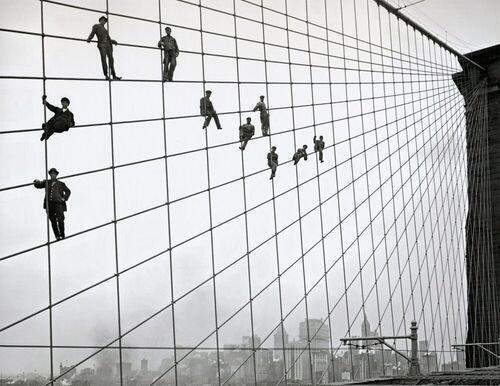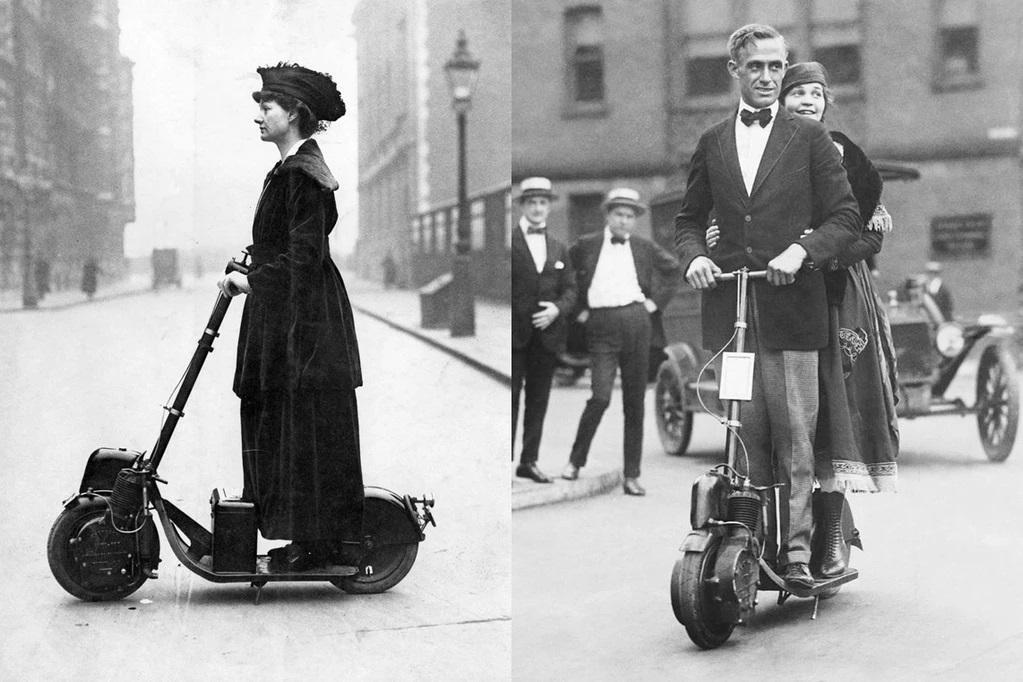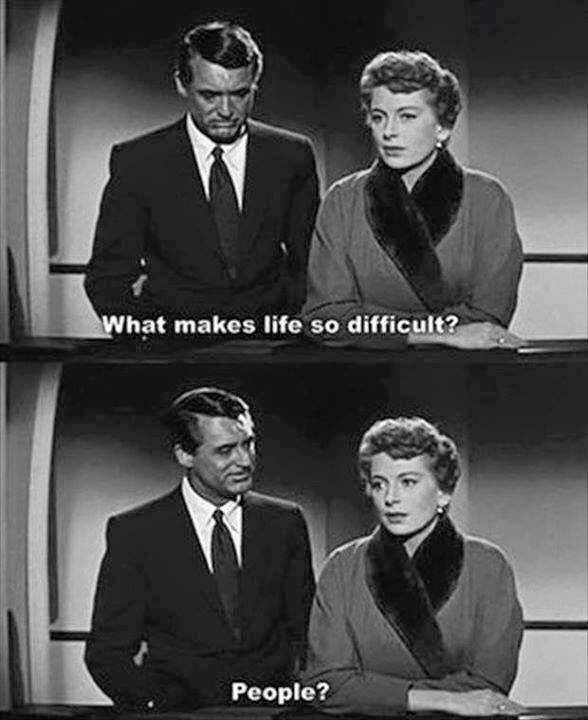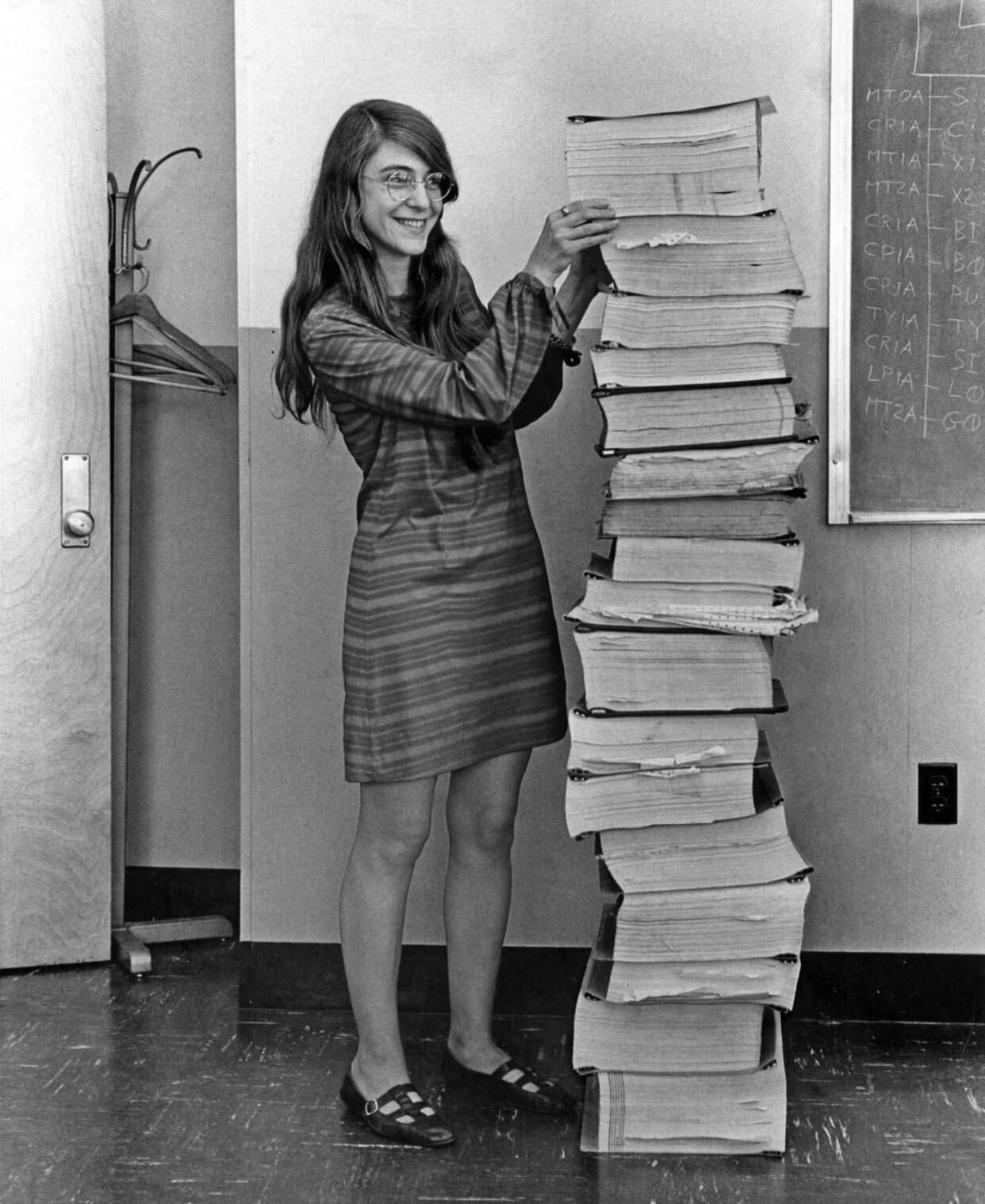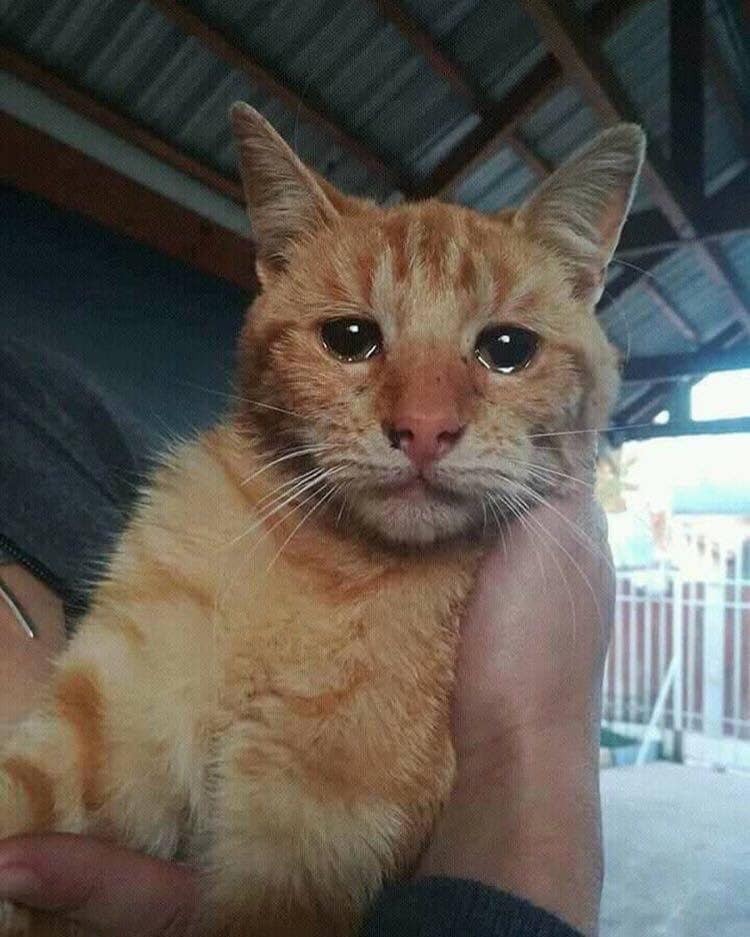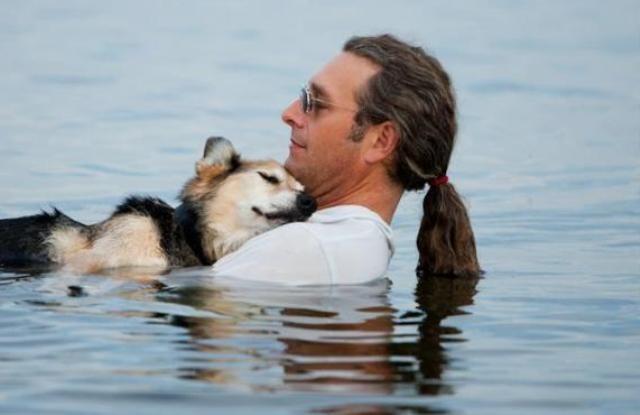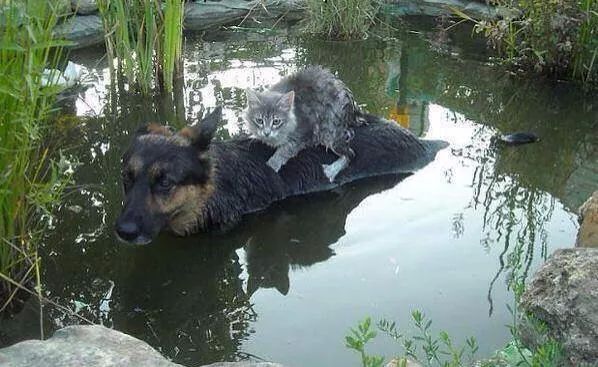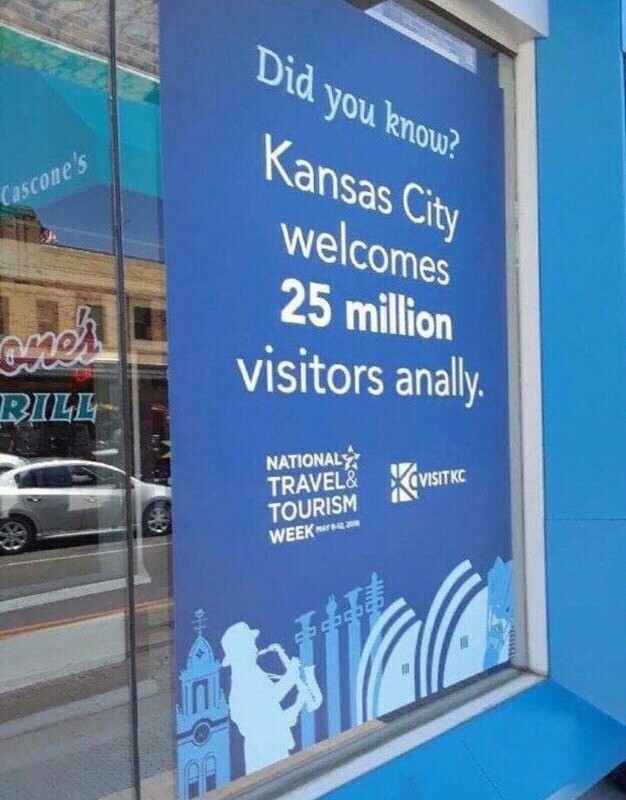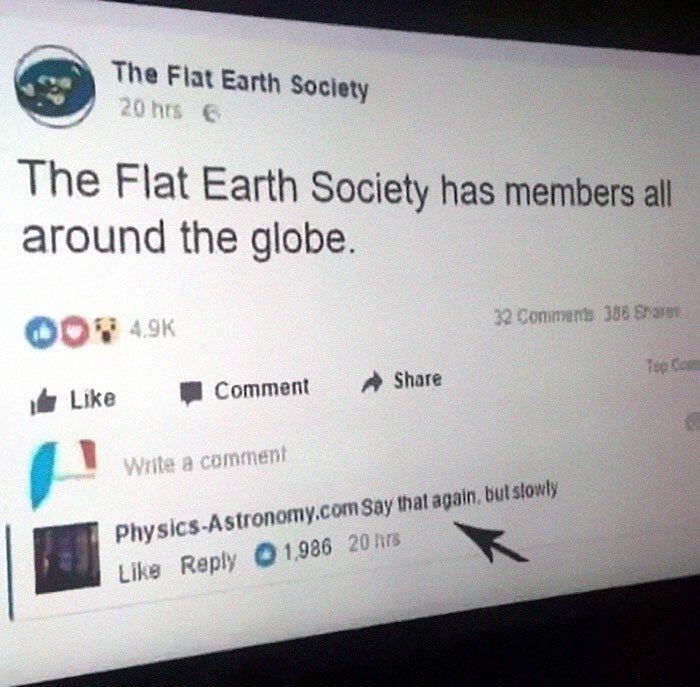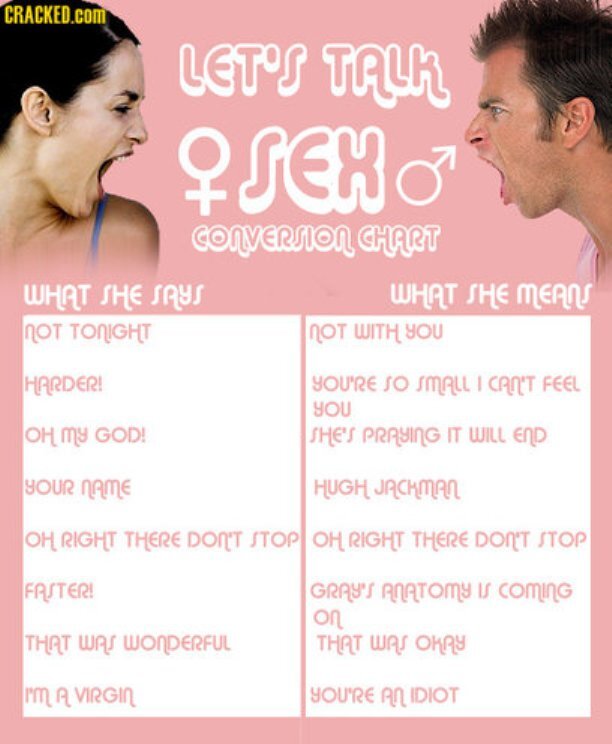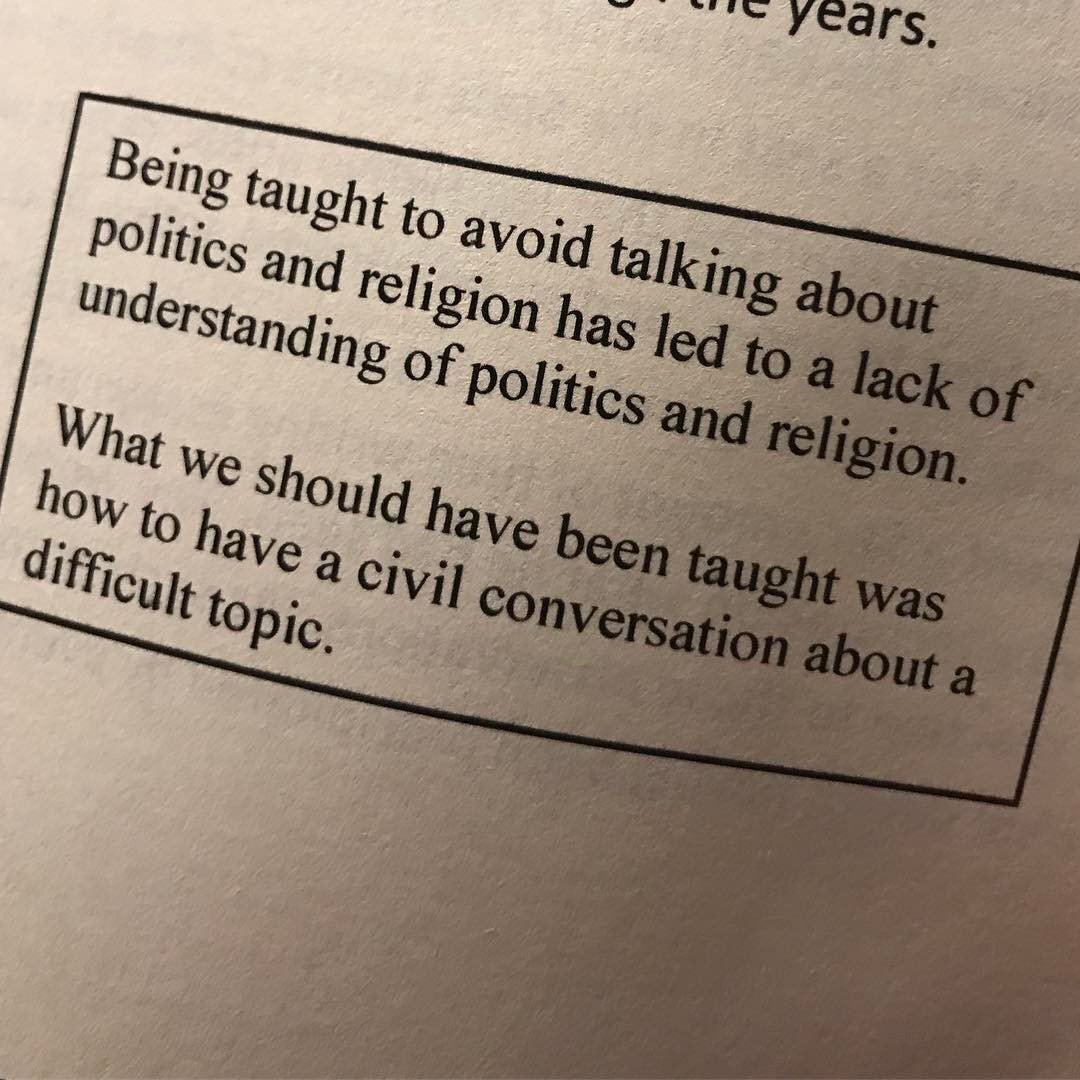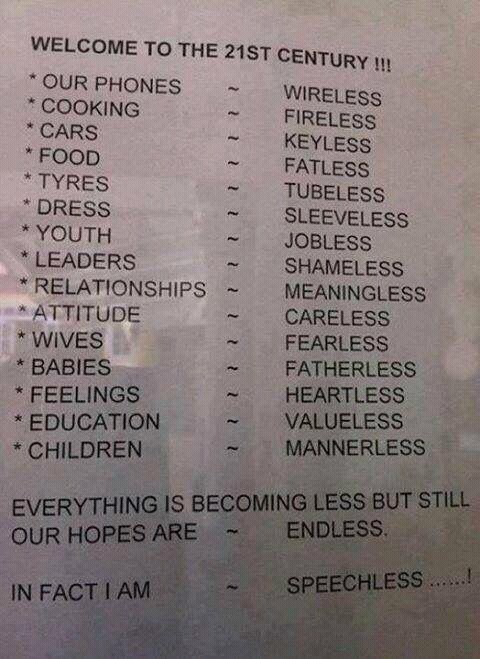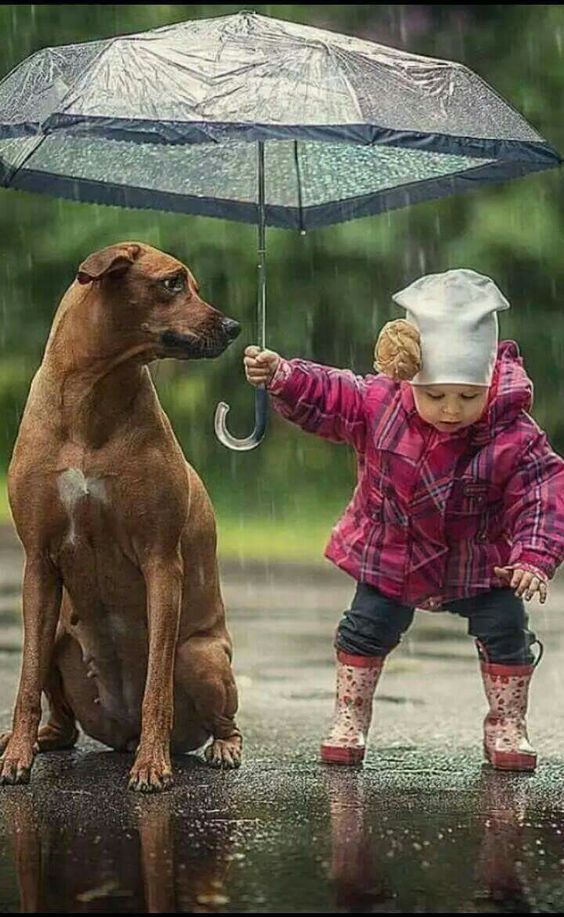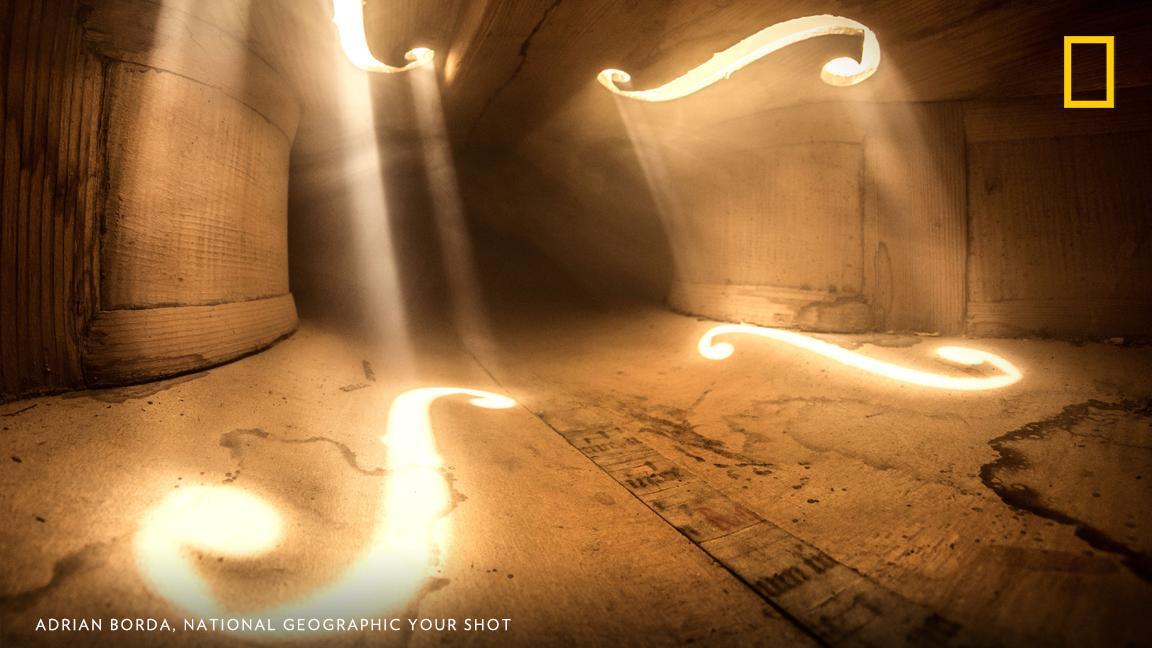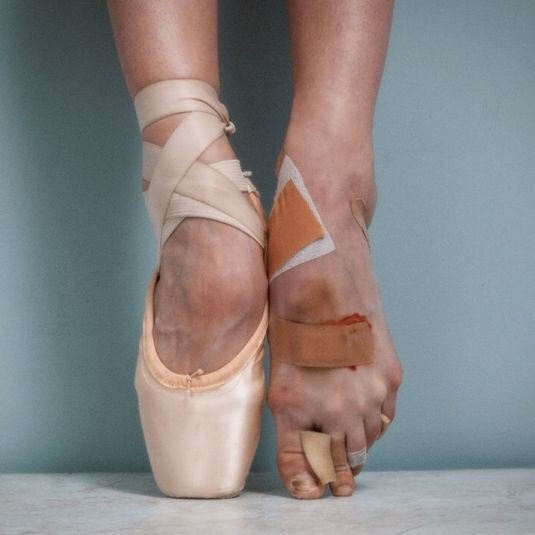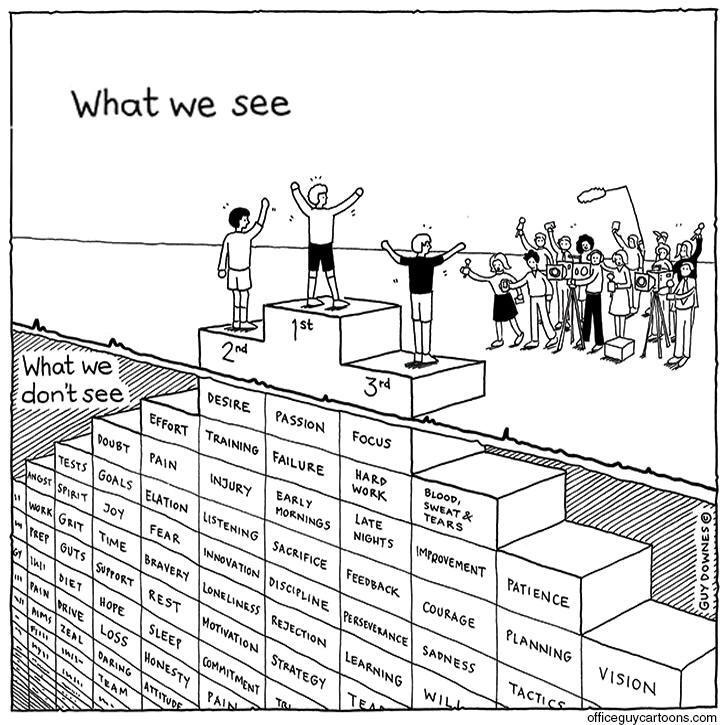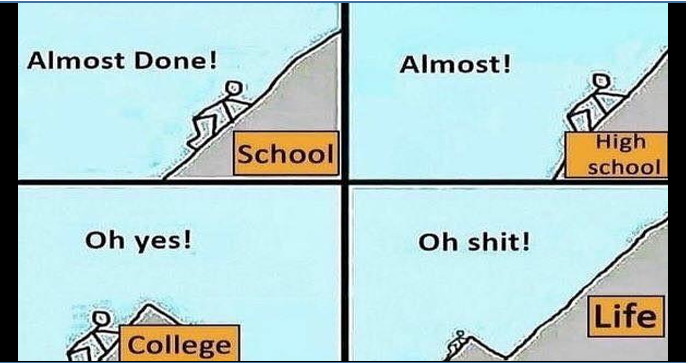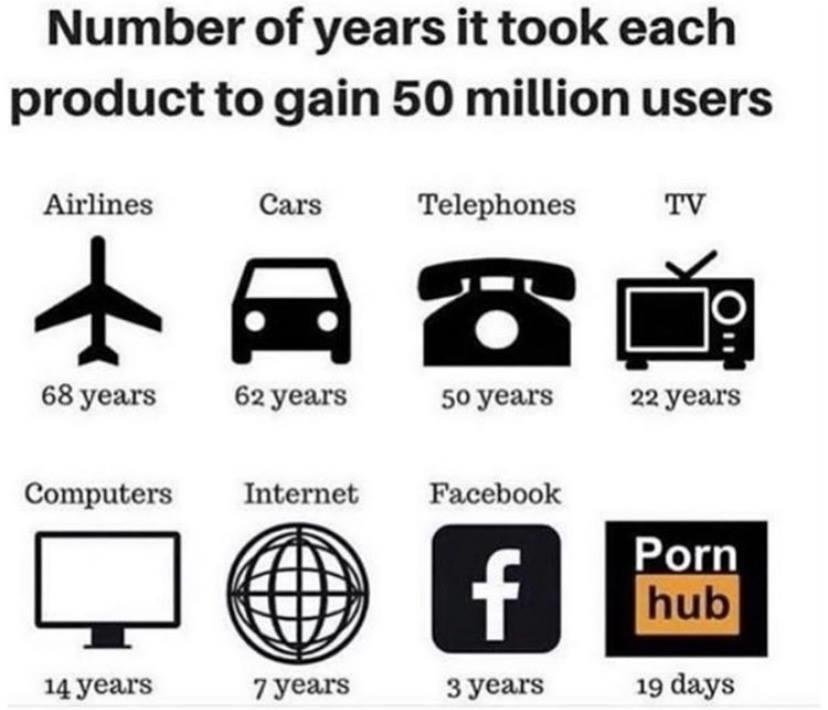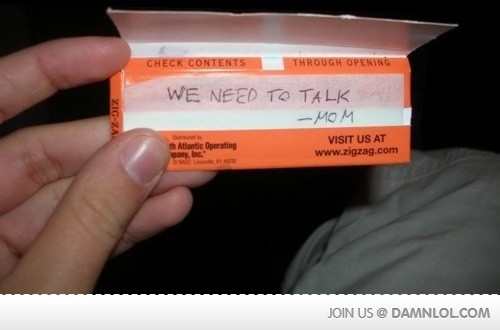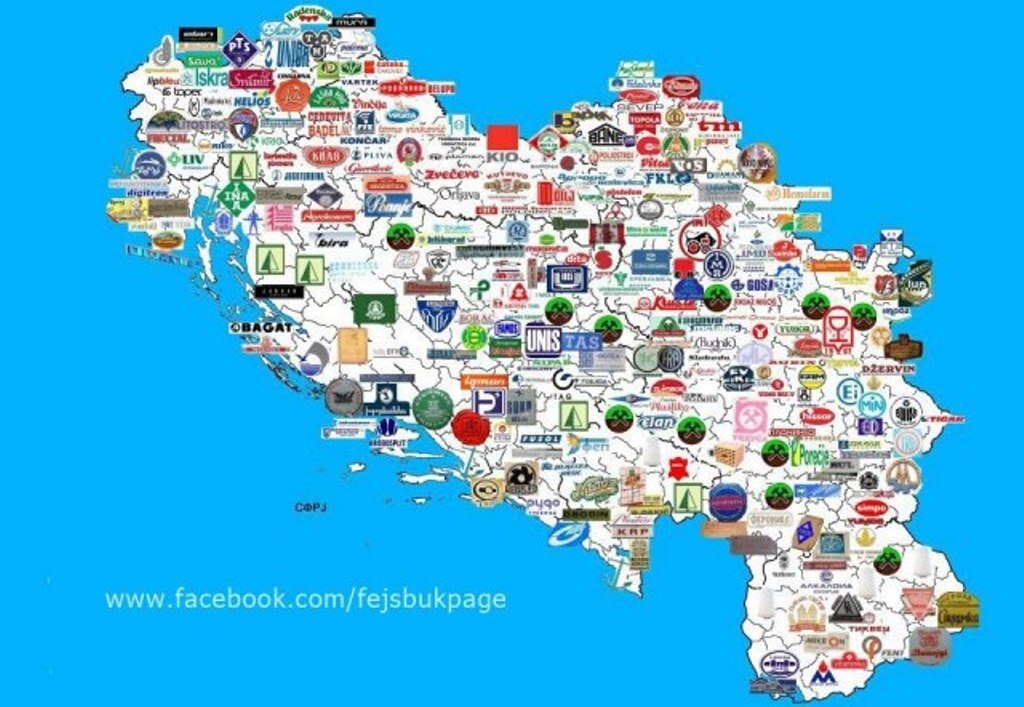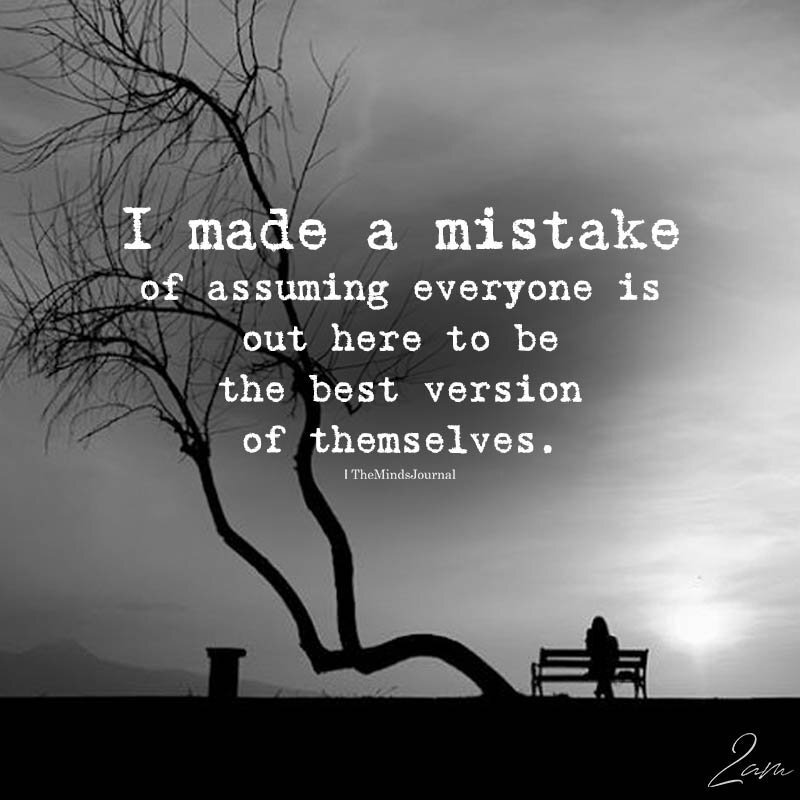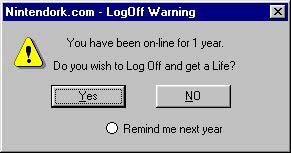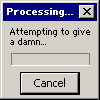Debate #16
One Person To Rule Us All: Who'd You Pick?
Imagine the following hypothetical scenario for a moment as nothing more than a mental exercise.
In the near future, we, as humanity, will have reached the point where we realize democracy is not the best way to govern our world.
Reasons for such a conclusion are irrelevant. It's not like we don't face significant challenges in democracies around the globe. Besides, from Aristotle to Churchill, people challenged this form of government and its flaws.
[To be clear, I'm all for freedom, inclusiveness, equality, right to vote and live, free speech, and all cornerstones of each progressive democracy.]
Nevertheless, let's say we get to that point, if for no other reason than for the sake of this debate.
As a unique replacement option…
All citizens of the world agree to democratically select one person to rule us all, a King or a Queen of the Earth Monarchy. Sure, the national heads — say, sub-monarchs — remain to govern their respective countries, but this person on the top gets to create all the global policies that others follow.
[Please don't ask me how we may use elections to select a monarch, for I don't know the answer; after all, this is a fictional narrative, at least in the setting-the-stage phase.]
Now, we're not talking about constitutional monarchies — like the United Kingdom, the Netherlands, Spain, Japan, or Liechtenstein, Monaco, Jordan, Kuwait — but about good old fashioned kingdoms.
So, when he or she decides something, all of us reply 'long live the King' or 'long live the Queen,' and we go on to execute his or her will. Naturally, we may moan and all, but still, we obey our monarch in a way things worked in the old times.
Of course…
To make such a transition from mostly prevailing worldwide democracies into the Earth Monarchy as a progressive one — as the governing mode that is actually to improve our world and the way we live — we, as humanity, decide to select our ruler by the criteria of meritocracy.
That is, we agree to vest our political powers, economic goods, and the entire future of the world to a person based on his or her values, talents, efforts, character, abilities, individual characteristics worth of appraisal. (As opposed to ideology, political party, achievements, wealth, popularity, social class, eloquence, or physical appearance.)
[Again, I have absolutely no idea how we could pull this off nor whether such a governing mode would actually improve our world, so please don't ask about that too. The name of the game here is fun.]
Who would be your pick, LCB'ers?
There are only two limitations to your potential choice.
One: Such a person has to be alive, so you can't pick people from the past. Two: It has to be a public figure, so we can all see why you'd select it for this role. (In other words, it cannot be your best friend we know nothing about.)
Let me put down not only my ante but raise the pre-flop right off the bat.
[I'll try to be as short as I can, which is a real challenge, as all of you already know, but it's not my fault: It because you people and this beautiful LCB community are so inspiring! There, I said it.]
My vote would go to Mrs. Jacinda Ardern, the prime minister of New Zealand: Without a shred of doubt, I would give her not only this world but the universe itself.
Her values, worldview, deeds, how she handles people, how honest, modest, humble, and straightforward she is, is beyond anything I've seen on the global stage.
The way she managed Christchurch mosque shootings transcends conventions beyond the human empathy and responsibilities of a leader. The way she hugged the relatives of victims, how compassionate she was, how she declined ever to speak the name of the attacker, and how she swiftly implemented ensuing national firearms regulations changes are, to me, wow, and yes, bring tears to my eyes.
(Only 25 days after the attack, New Zealand banned military-style and semiautomatic weapons, high-capacity magazines, and all parts that may convert low-power rifles to high-power versions. To prevent Kiwis from stockpiling guns before the law went into effect, she imposed temporary restrictions six days after the massacre. Now, that's a textbook case of a sheer statesman's determination — in this case, stateswoman's one — to solve a problem. And, whenever someone tells me 'there's no political will,' I point out this particular yet tragic instance.)
What she did with the Covid pandemic over there is another dimension, too. How she openly addressed lockdowns and ensuing struggles, then imposed strict travel restrictions and stuck to them, then publicly realized harsh times on the horizon, and owned a couple of Government's gaffes — I haven't seen that from any public official, anywhere in the world.
(If you watch America's Cup taking place in Auckland as you read these lines, you can see people sitting right next to each other, smiling, enjoying life in a virus-free country.)
The way she speaks to ordinary people on the street, how she talks about her husband and their relationship, and how approachable and polite she is, is truly a breath of fresh air in my book.
(She got pregnant just after her first term begun, but before the couple got married, which is in this era of etiquettes a captivating sight to see. Naturally, people loved that.)
She's also an exceptionally fast thinker and so kind. Stephen Colbert, the host of The Late Show at CBS, visited her in New Zealand: Those twelve minutes are worth watching and quite telling.
Her political views on climate change, child poverty, parental leave, healthcare, education, or personal choices are equally progressive. Her ethics, accuracy, fairness, balance, the pursuit of change for better, understanding of all sides of each topic she approaches — it's something special, at least to me. No wonder she won the second term in a landslide victory.
Last but not least, she had a cat, which is for me — a voluntary human slave to one adorable calico cat named Hannah — a huge thing. And, when Paddles got hit by a car, she openly addressed sadness about her pet's demise, pointing out how humanely vulnerable she indeed is.
I believe she summed up all of my respect and admiration for her in a single statement: "The true measure of leadership is the ability to confront the anxiety of the people of their time."
Therefore…
Yes, I would give Jacinda Ardern this world — and I know that our beautiful planet, and all of the amazing people on it, would most certainly be incredibly better off with her as the Queen of the Earth Monarchy.
So…
Who would you trust that much to give it the power to rule us all and our posterity until he or she is alive? Who could be the person to fit your bill of meritocracy?
Why don't you show us your King or Queen, his or her suits, diamonds and hearts, and all of their spades to build better clubs?
Feel free to raise the flop here whenever you feel like it!
Stay safe, keep your distance, wear masks, be responsible and prudent, smile, love, give, embrace, and have fun whenever you can, LCB'ers!
--Dejan



Dibattito n.16
Una persona che ci governa tutti: chi sceglieresti?
Immagina per un momento il seguente scenario ipotetico come nient’altro che un esercizio mentale.
Nel prossimo futuro, noi, come umanità, raggiungeremo il punto in cui realizzeremo che la democrazia non è il modo migliore per governare il nostro mondo.
Le ragioni di tale conclusione sono irrilevanti. Non è che non ci troviamo di fronte a sfide significative nelle democrazie di tutto il mondo. Del resto, da Aristotele a Churchill, gli uomini hanno contestato questa forma di governo e i suoi difetti.
[Per essere chiari, sono favorevole alla libertà, all'inclusione, all'uguaglianza, al diritto di voto e alla vita, alla libertà di parola e a tutti i pilastri di ogni democrazia progressista.]
Tuttavia, diciamo che siamo arrivati a questo punto, se non altro per il bene di questo dibattito.
Come opzione di sostituzione unica...
Tutti i cittadini del mondo accettano di selezionare democraticamente una persona che governi tutti noi, un re o una regina della monarchia terrestre. Certo, i capi nazionali – diciamo i sotto-monarchi – restano a governare i rispettivi paesi, ma questa persona al vertice riesce a creare tutte le politiche globali che seguono gli altri.
[Per favore, non chiedermi come possiamo usare le elezioni per selezionare un monarca, perché non conosco la risposta; dopo tutto, questa è una narrazione di fantasia, almeno nella fase di messa in scena.]
Ora, non stiamo parlando di monarchie costituzionali – come il Regno Unito, i Paesi Bassi, la Spagna, il Giappone o il Liechtenstein, Monaco, Giordania, Kuwait – ma di buoni regni vecchio stile.
Quindi, quando lui o lei decide qualcosa, tutti noi rispondiamo 'viva il Re' o 'viva la Regina', e procediamo ad eseguire la sua volontà. Naturalmente possiamo lamentarci e tutto il resto, ma obbediamo comunque al nostro monarca in un modo in cui funzionavano le cose ai vecchi tempi.
Ovviamente…
Per effettuare una tale transizione dalle democrazie mondiali prevalenti alla Monarchia della Terra come una transizione progressista – come modalità di governo che effettivamente mira a migliorare il nostro mondo e il modo in cui viviamo – noi, come umanità, decidiamo di selezionare il nostro sovrano in base ai criteri di meritocrazia.
Cioè, accettiamo di conferire i nostri poteri politici, i nostri beni economici e l'intero futuro del mondo a una persona in base ai suoi valori, talenti, sforzi, carattere, capacità, caratteristiche individuali degne di valutazione. (In contrapposizione all'ideologia, al partito politico, ai successi, alla ricchezza, alla popolarità, alla classe sociale, all'eloquenza o all'aspetto fisico.)
[Ancora una volta, non ho assolutamente idea di come potremmo farcela, né se una tale modalità di governo migliorerebbe effettivamente il nostro mondo, quindi per favore non chiedere anche questo. Il nome del gioco qui è divertente.]
Chi sceglieresti, LCB'ers?
Ci sono solo due limitazioni alla tua potenziale scelta.
Uno: una persona del genere deve essere viva, quindi non puoi scegliere persone del passato. Due: deve essere un personaggio pubblico, quindi possiamo tutti capire perché lo sceglieresti per questo ruolo. (In altre parole, non può essere il tuo migliore amico di cui non sappiamo nulla.)
Permettimi non solo di abbassare la posta, ma anche di rilanciare il pre-flop fin dall'inizio.
[Cercherò di essere il più breve possibile, il che è una vera sfida, come tutti voi già sapete, ma non è colpa mia: è perché voi e questa bellissima comunità LCB siete così stimolanti! Ecco, l'ho detto.]
Il mio voto andrebbe alla signora Jacinda Ardern , il primo ministro della Nuova Zelanda: senza il minimo dubbio, le darei non solo questo mondo ma l'universo stesso.
I suoi valori, la sua visione del mondo, le sue azioni, il modo in cui tratta le persone, quanto sia onesta, modesta, umile e schietta, vanno oltre qualsiasi cosa abbia mai visto sulla scena globale.
Il modo in cui ha gestito la sparatoria alla moschea di Christchurch trascende le convenzioni oltre l’empatia umana e le responsabilità di un leader. Il modo in cui ha abbracciato i parenti delle vittime, quanto è stata compassionevole, come ha rifiutato di pronunciare il nome dell'aggressore e come ha rapidamente implementato le conseguenti modifiche alle normative nazionali sulle armi da fuoco sono, per me, wow, e sì, mi fanno piangere occhi.
(Solo 25 giorni dopo l'attacco, la Nuova Zelanda ha vietato le armi di tipo militare e semiautomatiche, i caricatori ad alta capacità e tutte le parti che possono convertire fucili a bassa potenza in versioni ad alta potenza. Per impedire ai neozelandesi di accumulare armi prima che la legge entrasse in vigore In effetti, ha imposto restrizioni temporanee sei giorni dopo il massacro. Ora, questo è un caso da manuale di pura determinazione di uno statista - in questo caso, di una statista - a risolvere un problema. E, ogni volta che qualcuno mi dice "non c'è volontà politica", io sottolineare questo caso particolare ma tragico.)
Ciò che ha fatto con la pandemia di Covid laggiù ha anche un’altra dimensione. Il modo in cui ha affrontato apertamente i blocchi e le conseguenti difficoltà, poi ha imposto rigide restrizioni di viaggio e si è attenuta ad esse, poi si è reso conto pubblicamente che tempi duri all'orizzonte e ha ammesso un paio di gaffe del governo: non l'ho mai visto da nessun funzionario pubblico, da nessuna parte nel mondo. mondo.
(Se mentre leggi queste righe guardi l'America's Cup che si svolge ad Auckland, puoi vedere persone sedute una accanto all'altra, sorridenti, che si godono la vita in un paese libero dal virus.)
Il modo in cui parla alla gente comune per strada, come parla di suo marito e della loro relazione, e quanto sia disponibile ed educata, è davvero una boccata d'aria fresca nel mio libro.
(È rimasta incinta subito dopo l'inizio del suo primo mandato, ma prima che la coppia si sposasse, il che in quest'era di etichette è uno spettacolo accattivante da vedere. Naturalmente, la gente lo adorava.)
È anche una pensatrice eccezionalmente veloce e molto gentile. Stephen Colbert, il conduttore di The Late Show alla CBS, è andato a trovarla in Nuova Zelanda : vale la pena guardare quei dodici minuti e raccontarli.
Le sue opinioni politiche sul cambiamento climatico, sulla povertà infantile, sul congedo parentale, sull’assistenza sanitaria, sull’istruzione o sulle scelte personali sono altrettanto progressiste. La sua etica, accuratezza, correttezza, equilibrio, ricerca del cambiamento in meglio, comprensione di tutti gli aspetti di ogni argomento a cui si avvicina: è qualcosa di speciale, almeno per me. Non c'è da stupirsi che abbia vinto il secondo mandato con una vittoria schiacciante.
Ultimo ma non meno importante, aveva un gatto, che per me è uno schiavo umano volontario di un adorabile gatto calico di nome Hannah - una cosa enorme. E, quando Paddles è stata investita da un'auto, ha apertamente espresso la tristezza per la morte del suo animale domestico, sottolineando quanto sia umanamente vulnerabile.
Credo che abbia riassunto tutto il mio rispetto e la mia ammirazione per lei in un'unica affermazione: "La vera misura della leadership è la capacità di affrontare l'ansia delle persone del loro tempo".
Perciò…
Sì, darei a Jacinda Ardern questo mondo - e so che il nostro bellissimo pianeta, e tutte le persone straordinarie su di esso, starebbero sicuramente incredibilmente meglio con lei come Regina della Monarchia della Terra.
COSÌ…
Di chi ti fideresti così tanto da dargli il potere di governare tutti noi e i nostri posteri finché non sarà vivo? Chi potrebbe essere la persona adatta al tuo disegno di meritocrazia?
Perché non ci mostri il tuo Re o la tua Regina, i suoi semi, quadri e cuori, e tutte le loro picche per costruire fiori migliori?
Sentiti libero di rilanciare il flop qui ogni volta che ne hai voglia!
Stai al sicuro, mantieni le distanze, indossa maschere, sii responsabile e prudente, sorridi, ama, dona, abbraccia e divertiti ogni volta che puoi, LCB'ers!
--Dejan










